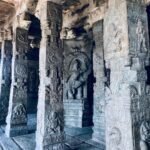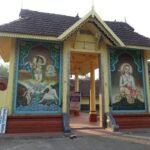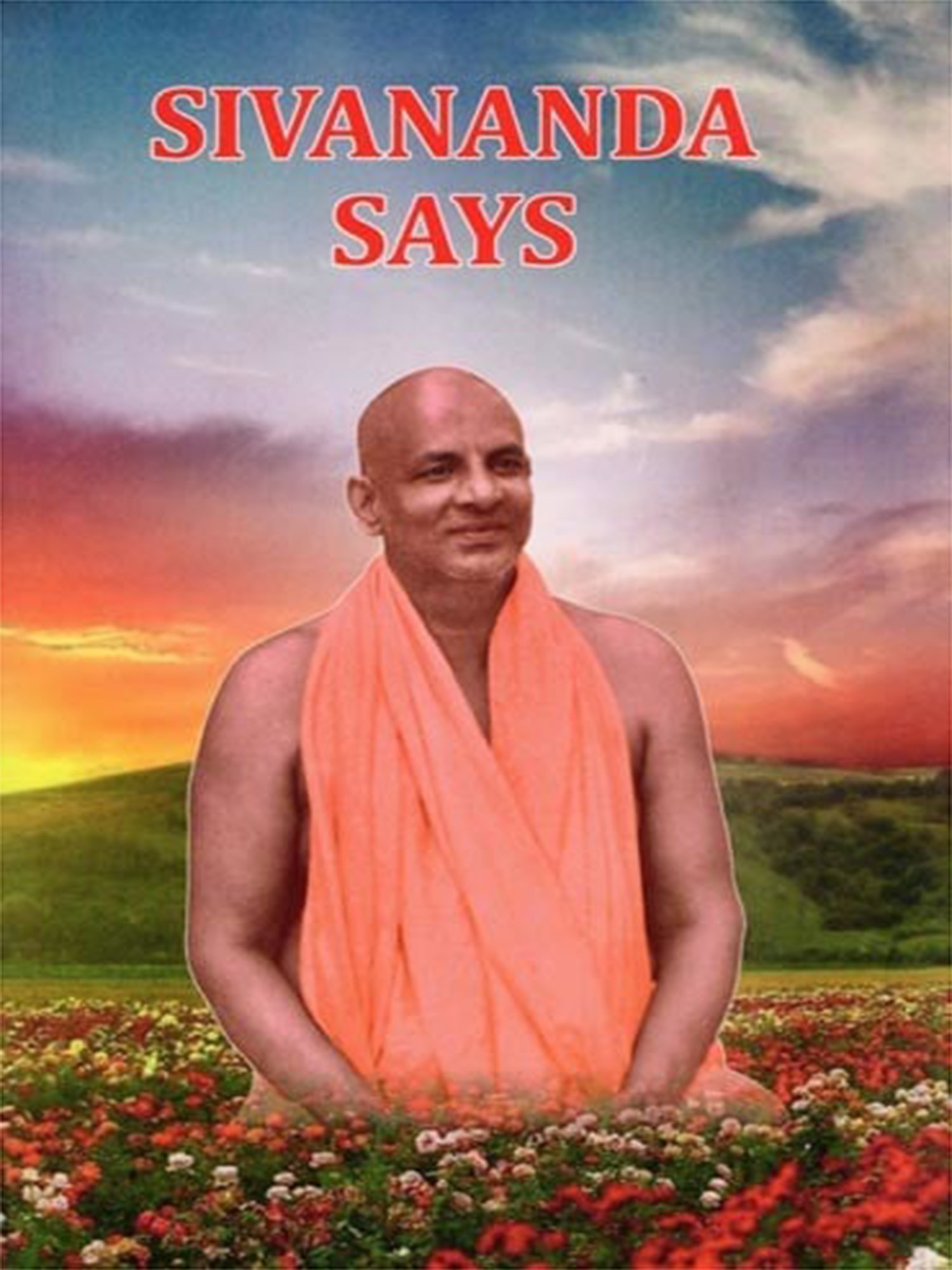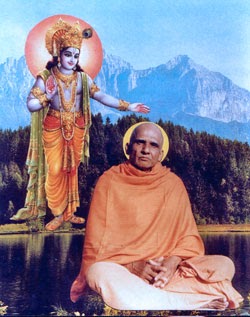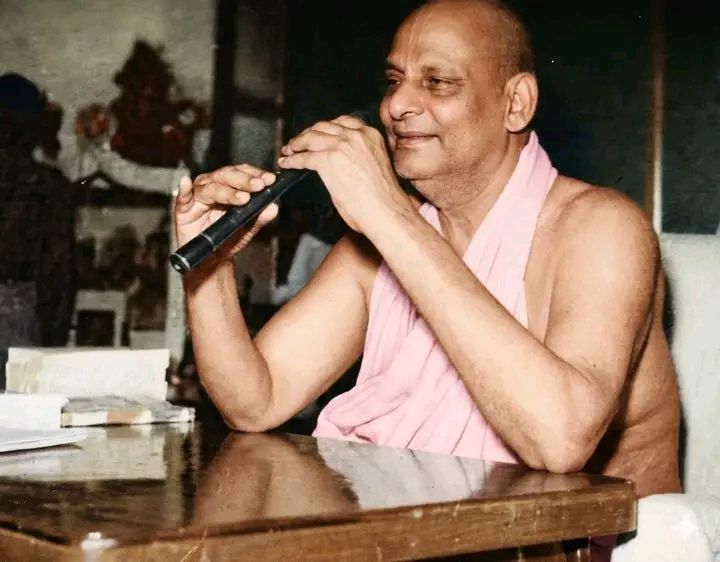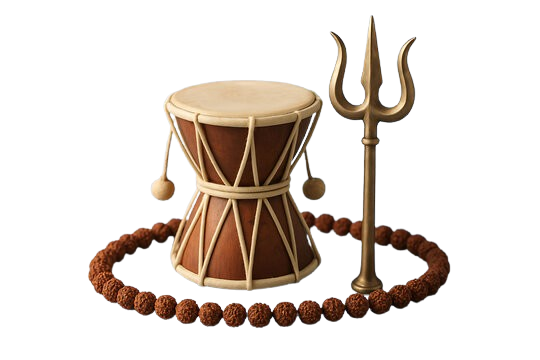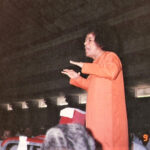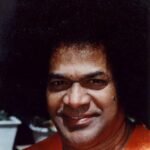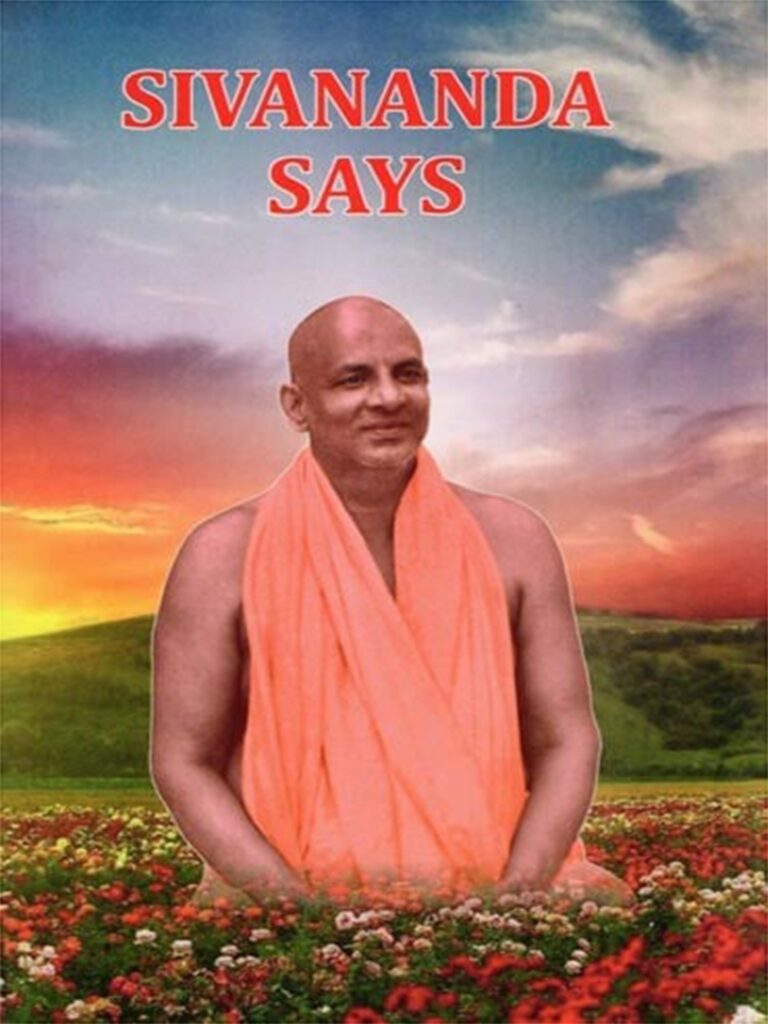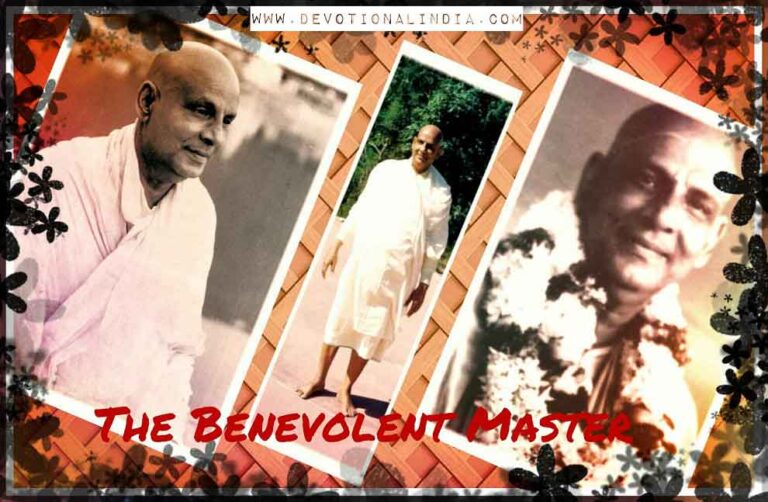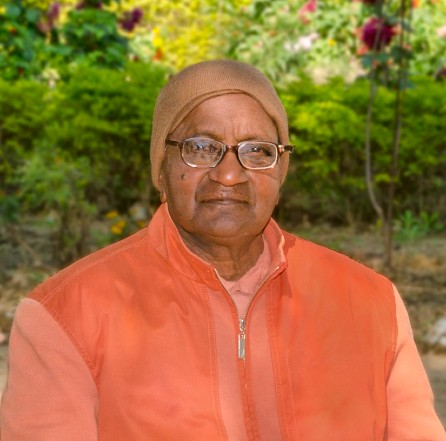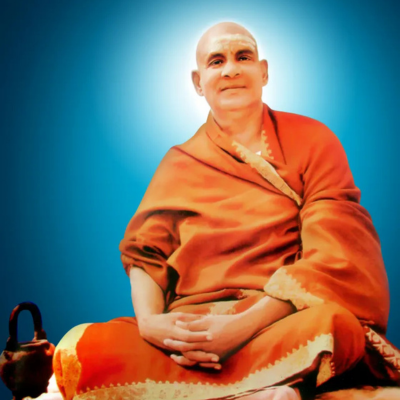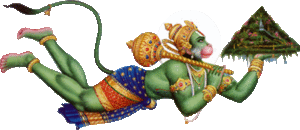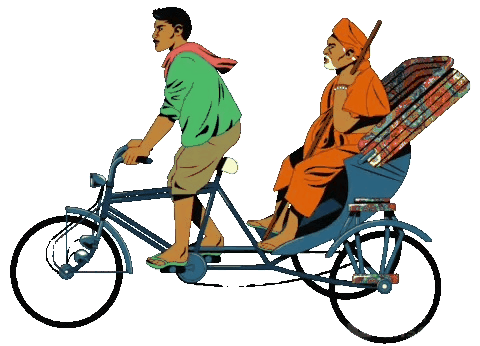Summer Showers in (1990)
Summer Showers in (1990)

Summer Showers 1990: Indian Culture & Spirituality is a series of eight discourses delivered by Bhagavan Sri Sathya Sai Baba during the Summer Course in Brindavan (May‑June 1990). The focus is very practical: how one can cultivate daily spiritual discipline, refine one’s character, overcome inner weaknesses, and manifest one’s inherent divinity through lived values.
The first discourse, “The Glory of Indian Culture,” establishes the foundation: Indian culture is more than external rituals — it is the fragrance of universal values: sathya (truth), dharma (righteousness), nyaya (justice). These are part of one’s birthright, but they need to be remembered, lived, and defended. Baba warns that in pursuit of material progress many have lost touch with these values.
Following this, “Sanctify the Body” teaches that the body is the instrument given to us, and unless it is cared for — through discipline, cleanliness, moderation, respecting its limits — spiritual practice cannot flourish. The body must be treated as sacred, not abused.
“The Moving Temple” indicates that the body, senses, and mind are like a temple in motion; one should build sanctity not just in physical space but in one’s own being. The next discourse, “Mastery of the Senses,” builds upon that: the senses are powerful, but unless controlled, they pull the mind outward and cause restlessness, attachment, and loss of peace.
Other discourses like “Road to Divinity,” “Hold the Reins,” “Vagaries of the Mind,” and “Buddhi the Charioteer” move the seeker inward: teachings about ego and attachment; how the mind moves in unpredictable ways; how the intellect (buddhi) must steer the mind and senses; and how self‑knowledge is essential. Baba shows that freedom is not external but internal — in conquering one’s inner enemies: ignorance, desire, anger.
A recurring theme is Ceiling on Desires: not letting oneself be driven by cravings, waste (of food, time, energy), and unnecessary distractions. Through cultivating moderation, control, purity, one becomes more peaceful, more centred.
Baba also stresses the importance of culture (samskriti) as refinement — not something static, but something alive, expressed through character, values, conduct. He says that modernity may bring ease and material comfort, but if truth, love, humility, and justice are lost, that comfort is empty.
Towards the end, the message turns to “Know Thyself” and “Practice and Precept” — knowing one’s own Self (Atma), recognizing that divine presence within, and then aligning external life (actions, speech, habits) with inner realization. The idea is that God is not elsewhere — we carry Him within. Spiritual maturity means the inner and the outer harmonizing.
What makes Summer Showers 1990 special is its step‑by‑step ladder: from external (body, senses) to internal (mind, intellect, self‑knowledge). Each discourse builds on the previous. It is very suitable as a manual for spiritual growth. For students especially, it shows how education is not just academic but moral and spiritual. Character, discipline, humility, control of ego & desires, and love are emphasised throughout.
In summary, Summer Showers 1990 is about awakening the sleeping divinity in every human being through disciplined living, mastering the sensory, mental, and ego forces, and cultivating truth, justice, and love. It calls not just for inner transformation but for living that transformation in daily life — in behaviour, relationships, speech, and thought.


